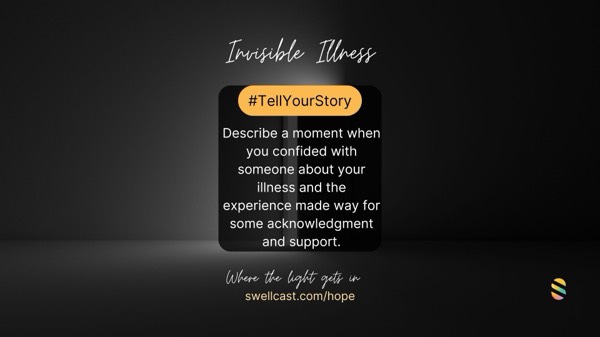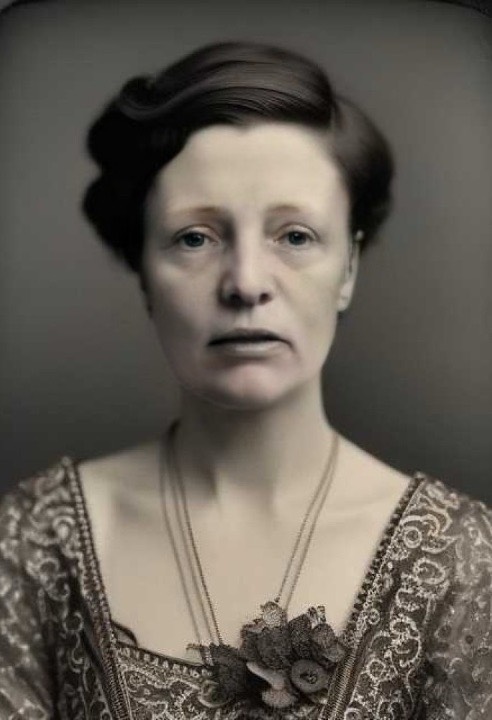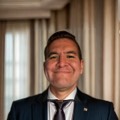And I wanted to do the hashtag tell your story day with something that was almost a leading question because I want to believe that when we tell our story to people, it can change our lives. So the question I have for you is, can you tell us a time when you confided in somebody about your illness and that led to deep acknowledgment and support, maybe something that you didn't even know you needed, but that's what happened after the conversation
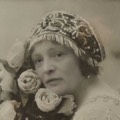
Kim Soliz
@apianogirl · 4:51
And those private groups help because the administrators of those groups always talk about different resources. And it's not just a group for that area, like the one I belong to everyone around the world. And you have to basically apply to get in. So you have to tell your story. Telling your story in text on social media, it'll bring out that emotion. It's harder emotionally to tell a person face to face it
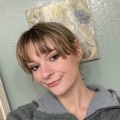
Emily Stewart
@dourbat · 3:13
And then it became an interesting conversation to connect with someone about and to just not have someone look at you any differently. Seems like it wouldn't be as hard to find as it is, but it really is kind of a treat to experience someone who treats you that way. And so that's just a story. And we are still very, very, very good friends today. And definitely I am forever grateful for him in my life

Mental Wellness Stories
@hope · 1:05
That experience, I'm sure you have many that are more difficult, but that experience, sharing it, I think, helps people who don't have illness understand some ways of responding through deep listening and acknowledgement, but not like being totally shaken up and running away and rather bringing in their curiosity and their care. It's really a good marker for that

Mental Wellness Stories
@hope · 1:32
Kim, I wanted to reply to you and to thank you for being so present in your reply and acknowledging the pain, the isolation, and acknowledging others while you're acknowledging yourself and how so deeply you responded to the princess's conversation around cancer and her ability to have to, you know, bring it into the light for the sake of her role in England, but also the devastation of grappling with how she know, be present for her family and for her country, and yet be totally committed to her health
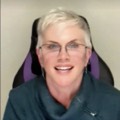
MJ Brewer
@Mommas_Jungle · 2:02
Hey, piano girl. This is MJ. Just wanted to tell you that I can relate to what you're talking about. And those days where you can actually make it out of bed and across the house can be great. I live on the third floor in my condo, and I have a dog that needs to go out regularly. And you might occasionally hear when I'm speaking on different. In different groups that sometimes I'm a little bit gaspy

Kim Soliz
@apianogirl · 3:10
I haven't gone recently because of all my other stuff going on with my health and with so many doctors, there's only so much daylight. But in therapy, my counselor had this glass square jar, and at the beginning of one of my sessions, I started crying. And he's like, you know, talk to me about it. And I said, that glass jar describes perfectly how I feel today and every day. I protect myself and my house, which is square

Kim Soliz
@apianogirl · 2:59
I think it's because they just don't know what to do with how that makes them feel. And I've had to learn not to let that get to me. So it's something. It's just who I am. And it's been really hard because before the pandemic, I was a helper and I just threw myself into my students, my school community, and it affected me in a lot of positive ways
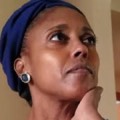
LaShekia Chatman
@Sheika_MC · 4:51
And, you know, there comes all of the things that we talk about in underreporting that are a part of historically in systemically marginalized communities. But that also happens in very micro, intimate ways with children and underreporting, you know, physical phenomena in, you know, high stressor homes, whether it's high stress because of social dynamics or with poverty being among them, but or just other ones. There comes this internalizing, not just of, you know, triggers triggering events, but also of yourself

Deborah Pardes
@DBPardes · 1:23
You don't have the vocabulary, you don't have the support system. It's hard to figure out how to build that scaffolding around you to protect you as you maneuver and navigate really some difficult terrain. But I so appreciate your observation here, and I'm so happy you've had some relief and some moments of acknowledgement, clarity around this. It's such a moving. Literally moving. Like it's a moving issue
Hi, there. I really, really appreciate this string in this line of thought right now. Invisible illness. You know, a few months ago, my goodness, had a traumatic health event happen to me, and it's not something that I never expected in my life. You know, I did not plan on this. It just happened. And through that event, a lot of different things were discovered that was happening inside me physically. That really caught me off guard

Mental Wellness Stories
@hope · 0:31
Well, Alexander, what a great introduction to who you are and your resolve to be a part of a community. And you just sound amazing. And it's so interesting because I just created the new swell for this week for, with like it's in the theme is traumatic events, whether they're personal or global. And you're speaking exactly the thoughts that I was having this morning when I was introducing this. So hopefully it'll be part of the conversation of this this week

MJ Brewer
@Mommas_Jungle · 2:43
Wow, Alaska Noble, that was pretty great, the pickup that you had after her talking about invisible illnesses. Because you're right. And she's also right that the main point of, well, even swell casting right is to find commonalities with other people. Because our world, since COVID especially, has become so individualized that our communication, even though there's more ways to communicate, it's not as apparent
